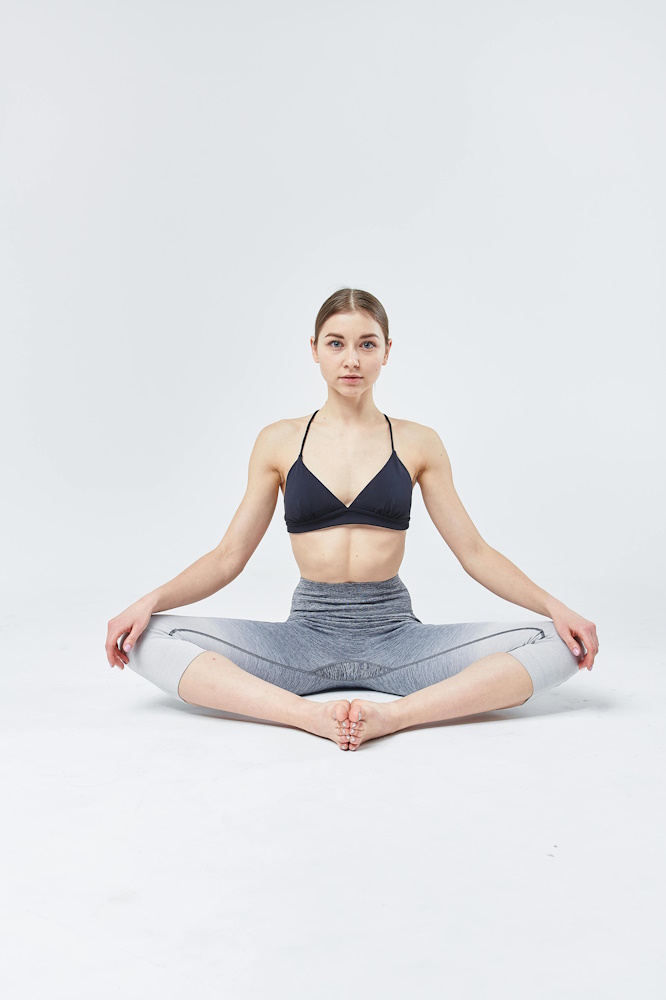Pilates and mindfulness are two practices that, when combined, offer a holistic approach to improving physical and mental well-being. Pilates focuses on physical strength, flexibility, and body awareness, while mindfulness centers on mental presence, awareness, and inner calm. In this guide, we’ll explore the relationship between Pilates and mindfulness, addressing how Pilates can enhance mindfulness, whether Pilates involves meditation, and the effects of Pilates on the brain.
Does Pilates help with mindfulness?
Yes, Pilates can significantly contribute to mindfulness. Mindfulness is the practice of being fully present in the moment, paying attention to your thoughts, emotions, and physical sensations without judgment. Pilates encourages mindfulness in several ways:
· Body Awareness: Pilates emphasizes body awareness, encouraging you to pay attention to your body’s alignment, movement, and sensations. This focus on the physical body can be a gateway to mindfulness as it brings your attention to the present moment.
· Breath Awareness: The breath is a central component of both Pilates and mindfulness. In Pilates, you’re often instructed to coordinate your breath with movements, promoting deep and focused breathing. This synchronization enhances mindfulness by anchoring your awareness in the present through conscious breathing.
· Concentration: Pilates exercises require concentration and mental focus to perform movements correctly. This level of concentration can cultivate mindfulness, as it keeps you attuned to the task at hand, reducing mental chatter and distractions.
· Stress Reduction: Pilates is known for its stress-reducing benefits. Reducing stress levels can create a more favorable environment for mindfulness, as it’s easier to be present when you’re not overwhelmed by stress or anxiety.
By consistently practicing Pilates with a mindful approach, you can improve your ability to stay present, focused, and in tune with your body and breath.
Does Pilates involve meditation?
Pilates, as a movement-based practice, does not involve traditional meditation in the way mindfulness meditation does. However, it incorporates elements of meditation, such as focused attention and concentration. In Pilates, you’re encouraged to concentrate on your movements, breathing, and body alignment, which is a form of moving meditation. While Pilates doesn’t engage in the same seated or still meditation as mindfulness practices, it can be a gateway to cultivating a meditative state.
Pilates promotes a meditative state by:
· Focusing the Mind: Pilates exercises require you to be present, concentrate on your breath, and pay attention to the quality of your movements. This focused attention is a form of meditation in action.
· Quietening the Mind: As you engage in Pilates, the mental chatter and distractions that often fill your mind can gradually fade away. This quietening of the mind is a fundamental aspect of meditation.
· Stress Reduction: Like meditation, Pilates can reduce stress and promote a sense of calm. When your body and mind are less stressed, it’s easier to slip into a meditative state.
Pilates can serve as a bridge to more traditional meditation practices. The mindfulness cultivated through Pilates can easily transition into seated meditation, making it a valuable preparatory practice for those interested in exploring meditation further.
What does Pilates do to the brain?
Pilates offers several cognitive and mental benefits, positively impacting the brain:
· Improved Concentration: Pilates exercises require mental focus, enhancing concentration and cognitive function. This heightened concentration during Pilates can extend to other aspects of your life.
· Stress Reduction: Pilates reduces stress by promoting relaxation and reducing tension in the body. Lower stress levels positively affect the brain, enhancing overall mental well-being.
· Neuroplasticity: Pilates encourages learning and adaptation. Engaging in new movements and exercises challenges the brain’s neuroplasticity, helping to keep the mind agile and responsive.
· Mood Enhancement: The release of endorphins during Pilates can elevate mood and reduce symptoms of anxiety and depression.
· Enhanced Body Awareness: Pilates improves body awareness, which can foster a stronger mind-body connection. This heightened awareness contributes to overall mental well-being.
· Reduced Mental Chatter: The concentration required for Pilates can quiet the mind, reducing mental chatter and promoting a sense of inner calm.
In summary, Pilates and mindfulness are complementary practices that, when combined, provide a holistic approach to improving physical and mental well-being. Pilates enhances mindfulness by promoting body awareness, breath awareness, concentration, and stress reduction. While Pilates does not involve traditional meditation, it cultivates a meditative state through focused attention. Pilates offers numerous cognitive and mental benefits, positively affecting the brain by improving concentration, reducing stress, enhancing mood, promoting neuroplasticity, and fostering a strong mind-body connection.
